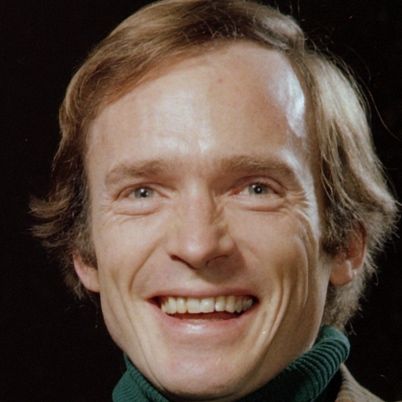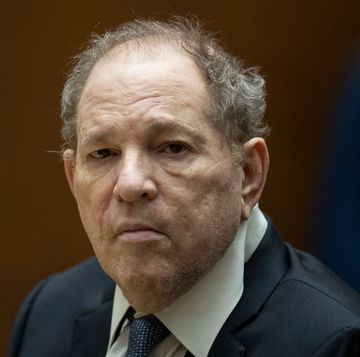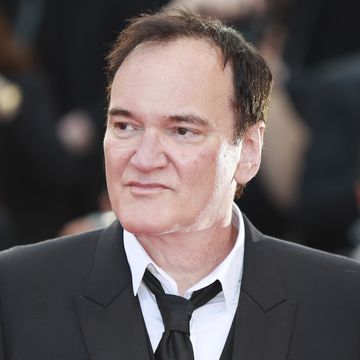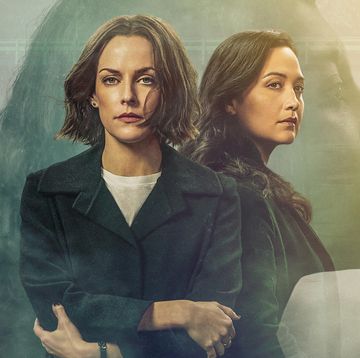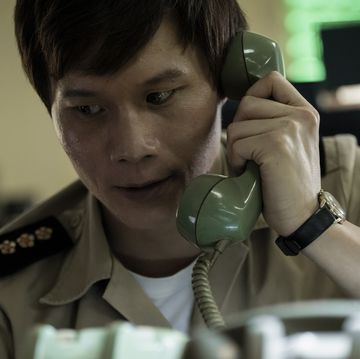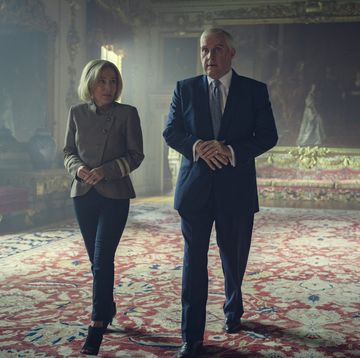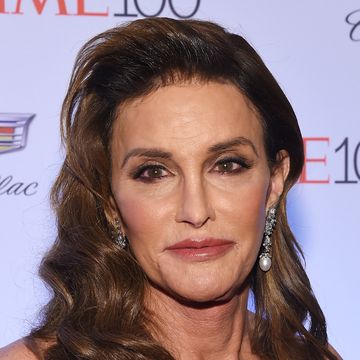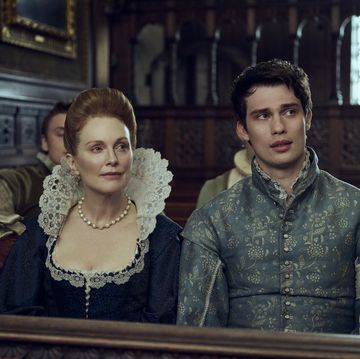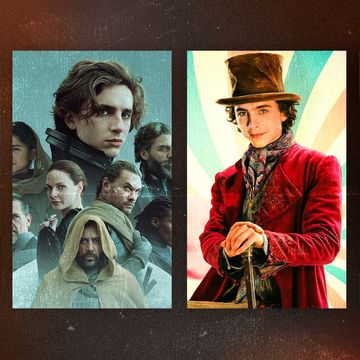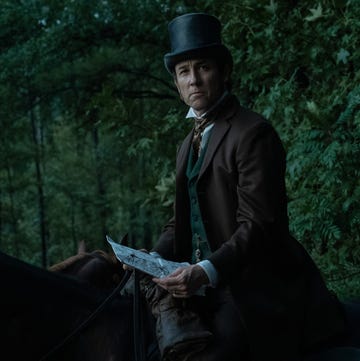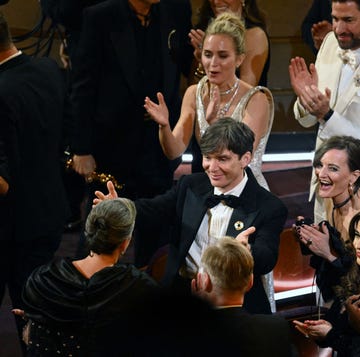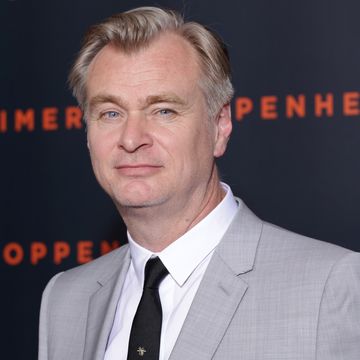(1936-)
Who Is Dick Cavett?
Dick Cavett became a writer for The Tonight Show and also worked as a stand-up comedian before landing his own morning talk show in 1968. Moving to late night in 1969, The Dick Cavett Show was the smarter, more controversial counterpart to The Tonight Show with its wide range of guests and subject matter. Following its cancellation in 1974, Cavett resurfaced with similarly formatted shows on PBS, USA and CNBC. He has also worked as an actor on stage and screen and is the author of numerous books and articles.
Early Life & Aspirations
Dick Cavett was born on November 19, 1936, in Gibbon, Nebraska. His parents were schoolteachers and passed on their academic bent to their son, who also was a state gymnastics champion in high school. In addition, Cavett developed an interest in magic and began honing his skills through performances.
In 1954, Cavett left Nebraska behind to attend Yale University, where he majored in English and made the dean’s list in his freshman year. Around this time, he also began making trips to New York to see television show tapings, an experience that stirred something inside of him and changed the course of his ambitions. He switched his major to drama as a senior and graduated in 1958, intent on pursuing a career as an actor.
'Tonight Show' Writer
Living in New York and struggling to find acting work, Cavett found himself in a variety of jobs, including store detective and typist. But it was while working as a copy boy for Time magazine that a moment of inspiration propelled Cavett’s career forward. After learning that Jack Paar, the host of The Tonight Show, sometimes had trouble with his opening monologues, Cavett quickly wrote one out and brought it to NBC headquarters, where he handed it over unsolicited to Paar. Impressed by the young man’s brazenness and humor, Paar tried his jokes out on the show that night, and after the audience responded favorably, he hired Cavett.
Johnny Carson
Cavett became an important writer on the Tonight Show staff, penning jokes not only for Paar, but also for his successor, Johnny Carson, and interim host Groucho Marx as well. It was Marx, as well as Cavett’s new friend Woody Allen, who encouraged the young writer to step into the limelight as a stand-up comic. In 1964, Cavett did just that, performing in clubs in New York City and around the nation.
'The Dick Cavett Show'
After several years and a variety of writing and acting jobs, including appearances on the Ed Sullivan Show and the popular quiz show What’s My Line?, Cavett in 1968 received an offer to host his own program on ABC. Beginning as an interview show titled This Morning, it was soon be renamed The Dick Cavett Show and moved to prime time, before landing in a late-night slot in December 1969, where it directly competed with Carson and The Tonight Show.
Despite the two shows’ apparently similar formats, Cavett soon distinguished himself from his NBC counterpart. Though The Dick Cavett Show and The Tonight Show often featured many of the same big-name guests, Cavett eschewed the gag-laden style of his forerunners for a more relaxed, conversational tone. He also proved willing to go further out on a limb with his subject matter, at times bringing on controversial guests and addressing more difficult issues.
While the roster of names and themes that Cavett engaged with is too lengthy to list in full, during the show’s run on ABC he hosted guests such as Jimi Hendrix, Hugh Hefner, Mickey Mantle and Timothy Leary. Cavett revealed a more intellectual streak as well, interviewing such literary greats as Norman Mailer, Truman Capote and Anthony Burgess, to name a few. Cavett further distinguished himself by tackling such hot-button issues as racism, the Vietnam War and Watergate.
Post-'Dick Cavett Show'
Despite its obvious depth and critical success, including multiple Emmy Award nominations, an eventual lull in its ratings — coupled with the feeling that it was too smart for the average viewer — prompted ABC to cancel The Dick Cavett Show in 1974. However, Cavett was far from done, resurfacing in 1975 on CBS and in 1977 as the host of another interview series for PBS, followed by similar gigs with USA and CNBC that ran into the mid-1990s. During that span, Cavett continued to demonstrate his ability to draw his guests out and engage them in a wide variety of topics, from the personal to the political.
Never “just” a talk-show host, over the course of his career Cavett has lent his wit, intellect and image to a wide range of projects. As an actor — at times playing himself — he has appeared in films such as Annie Hall, Beetlejuice and Forrest Gump, and he most recently performed in the 2014 off-Broadway play Hellman v. McCarthy.
Books
The year 2014 also saw the release of the PBS special Dick Cavett’s Watergate, as well as the most recent of several books he has authored, Brief Encounters: Conversations, Magic Moments, and Assorted Hijinks, a collection of his columns for the New York Times.
Personal Life
In 1964, he married actress Carrie Nye, whom he had known since Yale and would remain with until her death in 2006. After the death of Nye, in 2006, Cavett married his second wife, author and Duke adjunct professor Martha Rogers, in 2010. Cavett splits his time between New York City and Montauk.
QUICK FACTS
- Name: Dick
- Birth Year: 1936
- Birth date: November 19, 1936
- Birth State: Nebraska
- Birth City: Gibbon
- Birth Country: United States
- Gender: Male
- Best Known For: Dick Cavett is an Emmy Award-winning former TV show host who was known for embracing a conversational style and controversial topics.
- Industries
- Television
- Writing and Publishing
- Astrological Sign: Scorpio
- Schools
- Yale University
Fact Check
We strive for accuracy and fairness.If you see something that doesn't look right,contact us!
CITATION INFORMATION
- Article Title: Dick Cavett Biography
- Author: Biography.com Editors
- Website Name: The Biography.com website
- Url: https://www.biography.com/movies-tv/dick-cavett
- Access Date:
- Publisher: A&E; Television Networks
- Last Updated: August 17, 2020
- Original Published Date: April 2, 2014
QUOTES
- A conversation does not have to be scintillating in order to be memorable. I once met a president of the United States, and his second sentence to me was about knees.
